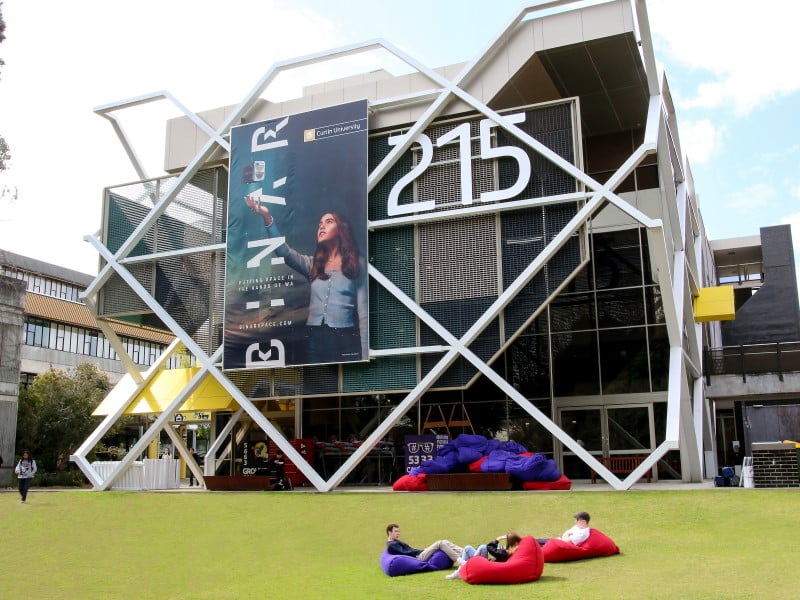Ahead of the Western Australian budget in May, the state government has revealed it will include $6.5 million to support the space industry.
The funds will be split between two initiatives, with $4 million going to the Australian Remote Operations for Space and Earth (AROSE) consortium, and the remaining $2.5 million supporting Curtin University’s Binar Space Program.

These commitments will be handed out over four years. In the last two years, the state government has committed $16 million to developing the space sector.
In another budget announcement on Wednesday, $8.65 million was committed to implementing the state government’s Health and Medical Life Sciences Industry Strategy. Under this commitment is $2.5 million to establish a health and medical life sciences team within the Department of Jobs, Tourism, Science, and Innovation.
Science Minister Roger Cook said the investment would also help support the state government’s economic diversification agenda.
“Space is one of the nine sectors targeted under Diversify WA – the McGowan Government’s economic development framework. Space is just one of the many exciting industries taking off in WA and it’s important that the WA Government continues to support local space research,” Minister Cook said.
“This announcement is not just a boost in funding but a boost in confidence about WA’s role in the global space sector. Both AROSE and Curtin University’s Binar Space Program have truly reignited WA’s passion for space and this funding will ensure both programs can continue the important work that they do well into the future.”
In total over the last two years, the state government has committed around $16 million to support the space sector.
AROSE was co-founded in 2020 by the state Department of Jobs, Tourism, Science, and Innovation and has its headquarters in Western Australia. Its original purpose was to adapt mining technology for space applications. Now consortium membership extends beyond the state including Queensland-based Gilmour Space Technologies and the University of New South Wales.
The state government says the funding will help local start-ups and small to medium businesses test their technology in space during commercialisation, and provide relevant training for developing, operating and testing spacecraft
Curtin University’s Binar Space Program began in 2017 and led to the launch of CubeSat Binar-1 in August 2021, which was the first satellite developed in Western Australia. Binar-1 was launched from Kennedy Space Centre in the United States. The university plans to launch six more CubeSats in the next year to create the state’s first satellite constellation.
The program also supports the AROSE consortium, and the Space Automation, Artificial Intelligence and Robotics Control Complex run by Dutch geo-data firm Fugro.
The Health and Medical Life Sciences Industry Strategy aims to strengthen the innovation ecosystem, facilitate commercialisation, develop skills and attract talent, attract investment, and support infrastructure for advanced manufacturing.
This four year framework will guide research, development and commercialisation for digital health, MedTech, BioTech, pharmaceuticals, and health and wellness products. The strategy was launched six months ago, in October 2021 but a government spokesperson said that the funding had only been approved as a part of the state 2022-23 budget.
According to the Australian Bureau of Statistics, the Western Australian government will take the country’s strongest state economic performance during the Covid-19 pandemic into the next budget. Further, in September last year the state government announced it had a budget surplus of $5.6 billion in 2020-21 and was forecasting a $2.8 billion budget surplus in 2021-22.
Do you know more? Contact James Riley via Email.

